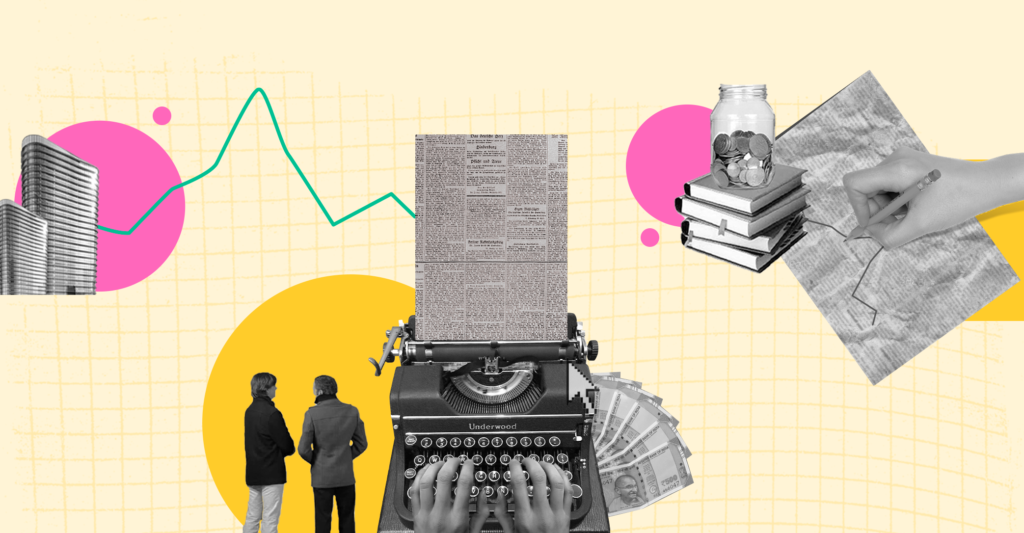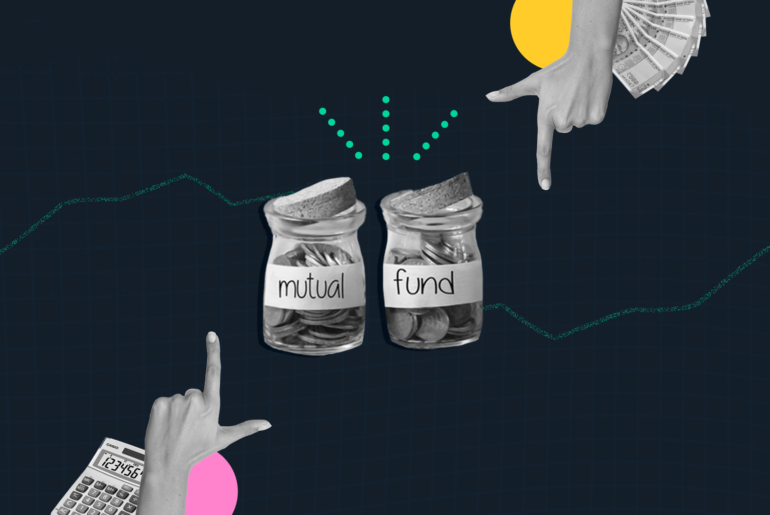Last Updated on May 24, 2022 by Anjali Chourasiya
When you apply for a loan, how does your lender decide whether to sanction the money or not? What do they assess to stay clear of any bad debts? Among many other factors considered, a credit score is the most important.
A credit score can be defined as a mathematical expression that depicts the creditworthiness of an individual based on the analysis of various credit files and overall financial history. The credit score is determined on a scale of 300-900. Scoring a 750+ is an indicator of good creditworthiness. A lower score, while not gravely concerning, can impact your ability to access funds when you need them.
But what could be the reasons behind landing a score in the lower range? Let us have a look.
Table of Contents
Reasons for a bad credit score
Numerous instances can lead you to have a bad credit score, like the following:
Poor payment record
Securing a loan in today’s world is easy, thanks to digitalisation. But how you pay back them is what will determine your financial roadmap and, importantly, your credit score. Have you ever defaulted on a payment? A delay in paying your dues is a big red flag when it comes to calculating your credit score.
Missing out on your credit card payments or EMI deadlines can lower your score. Defaulting on repaying the principal and interest on a loan could lead to a low credit score, adversely affect your CIBIL score. Constantly missing out on a small amount can significantly impact your score.
So make sure you are on time with your debt repayments and have a clean track record. This is a crucial step for maintaining your credit score.
Multiple loans
If you apply for multiple loans with lenders in a short span, your creditworthiness may be hampered. The lenders would be wary of trusting you with the funds as they may fear incurring bad debts.
Assess your requirement for funds and speak with a debt manager or financial advisor to see if it is possible to make do without multiple loans. Check with credible financial institutions on the rate of interest they charge, and maybe explore debt consolidation too. Having an understanding of your financial needs is a necessary prerequisite. Coming off as a credit-hungry borrower can affect your reputation and leave you with a bad credit score.
High credit utilisation ratio
It may be convenient to swipe a credit card and complete your transaction. However, having too much debt on your head could lead to further mismanagement of funds. It could also lead to lenders questioning your ability to pay it back.
Credit card misuse could negatively impact your credit utilisation ratio. This ratio is calculated by dividing your total outstanding amount on all credit cards by your credit limit. If this comes out to be more than 30%, your credit score can be heavily dampened. Anything lower than this is an indication that you have control over your spending.
Also, a high debt-to-income ratio is a warning sign for your loan provider. A low ratio (debt to income) is required not only for a good credit score but also to be able to avail loans in the future, should the need arise.
Keeping a tab on your credit card spendings can fetch you a good credit score.
Disbalance of unsecured loans
Have you analysed all the sources of funds that you have? Loans are differentiated based on their requirement for collateral. Your personal balance sheet must reflect a comparable amount of unsecured and secured debt. Home loans and car loans are examples of secured loans. In contrast, your credit cards are a form of unsecured debt. You must strive to strike a balance between the two.
Too many unsecured loans show a high-risk profile and can considerably lower your credit score. However, if you prove to manage all kinds of debt instruments well, it would add to your creditworthiness.
Undocumented history
Without adequate history, your score might reflect as ‘NA’ or ‘NH’. This may not be bad if you are new to the credit system. However, it can pose a problem if you have taken loans for a while but never recorded pertinent details.
Note: Number -1(NH) in the CIBIL score denotes that the borrower has no credit history. A credit score of 0 implies that no track record is available (NA)
It is necessary to have all supporting documents to determine your credit score. If your entire debt repayment history is unrecorded, no basis is available for any calculation. Hence, it is paramount to maintain and update your files at regular intervals. This not only helps you check your credit score whenever you want but also helps you stay on track with your borrowing history.
Number -1(NH) in the CIBIL score denotes that the borrower has no credit history. A credit score of 0 implies that no track record is available (NA). Click To TweetConclusion
Having a good credit score makes you a preferred candidate for lenders to extend debt. It reflects positively on your lenders, who are more confident of your ability to repay. Keep in mind the above-mentioned points to maintain your creditworthiness. Ensure you are on time with your deadlines. Do not overburden yourself with piling debt. All these together may help you drive your credit score up and help you access funds in the future should a real need arise.




